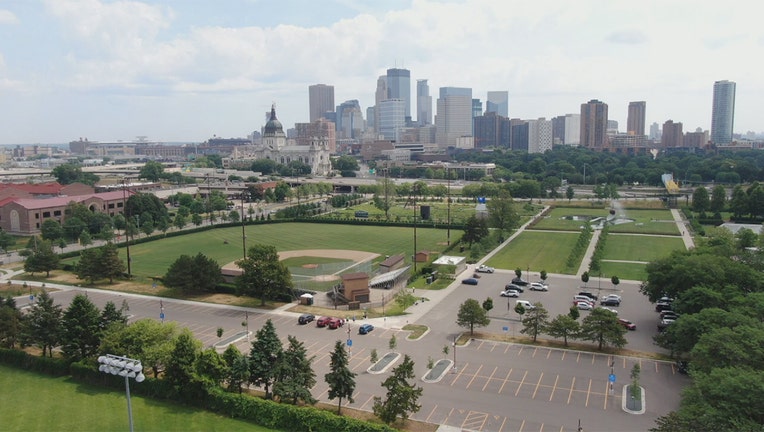Minneapolis City Council adopts plan to lower traffic accidents

Parade Stadium in Minneapolis (FOX 9)
MINNEAPOLIS (FOX 9) - Trying to move Minneapolis toward zero traffic deaths, the city council adopted the updated 2023-2025 Minneapolis Vision Zero Action Plan.
The latest plan builds on the previous 2020-2022 Vision Zero Action Plan in trying to move to the city from its average of 150 fatal or "life-altering" traffic crashes to zero.
Most of the crashes in Minneapolis disproportionately affect people in lower income neighborhoods, Native Americans, and people biking or walking.
The updated plan features 17 strategies and 78 actions to be put into place between 2023-2025.
Some of the plans, highlighted by the city, are:
- Make safety improvements on high injury streets. In Minneapolis, 66% of severe and fatal crashes happen on just 9% of the streets citywide. The City and partners will continue to proactively install traffic safety treatments on high injury streets.
- Advance street designs to reduce dangerous vehicle speeds. Speeding has increased since 2020 and was a factor in 64% of fatal crashes in 2022. Lower traffic speeds save lives by reducing the likelihood of a crash and by making it less likely a crash that does happen will be deadly. The City will expand use of treatments that support safe speeds on busier streets and pilot new measures.
- Work to implement a traffic safety camera pilot of automated enforcement. The City is seeking legislative authority to implement a traffic safety camera pilot program for speeding or red light running. Once there is legislative authority, the City will develop details for a local pilot program informed by significant community engagement. Automated traffic enforcement has proven effective at saving lives and eliminates the need for officer interaction.
- Evaluate alternative approaches to staffing and implementing traffic enforcement while addressing discriminatory outcomes and building trust. Due to a variety of factors, traffic stops are down significantly in recent years. The City is working to evaluate alternative approaches to staffing and implementing traffic enforcement and to implement reforms to address racial disparities in traffic stops.

